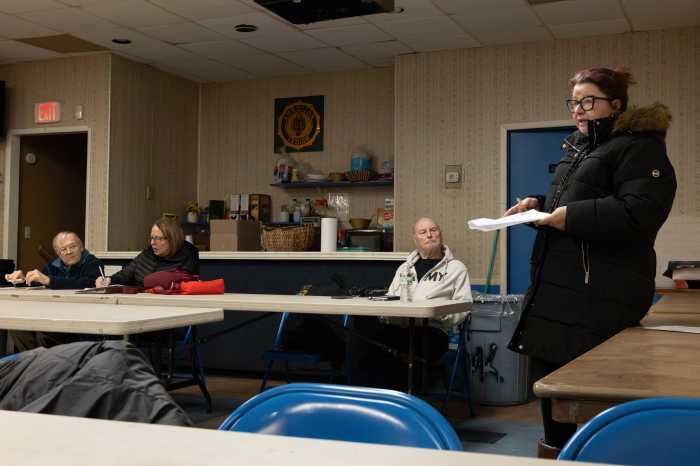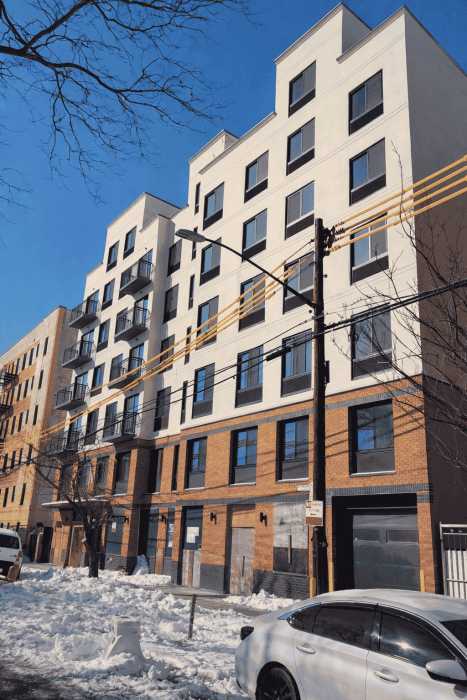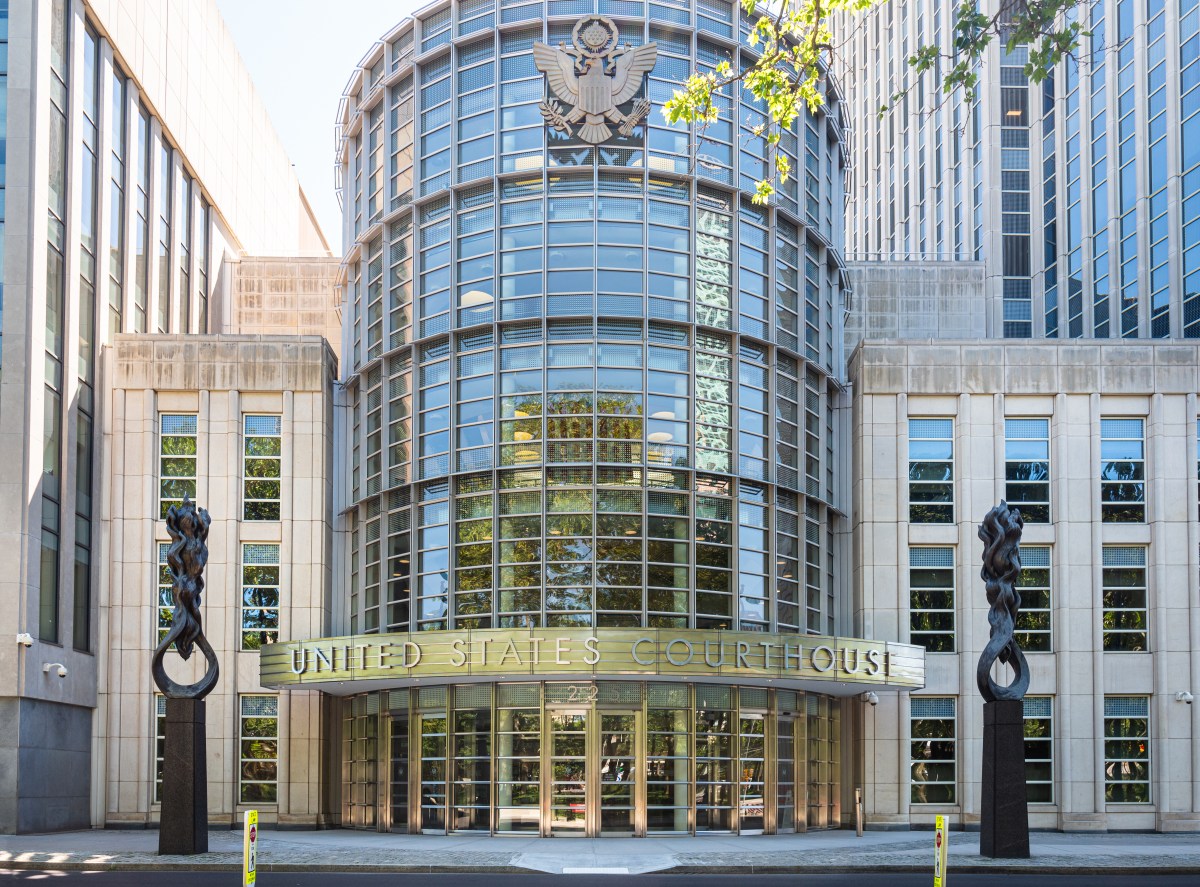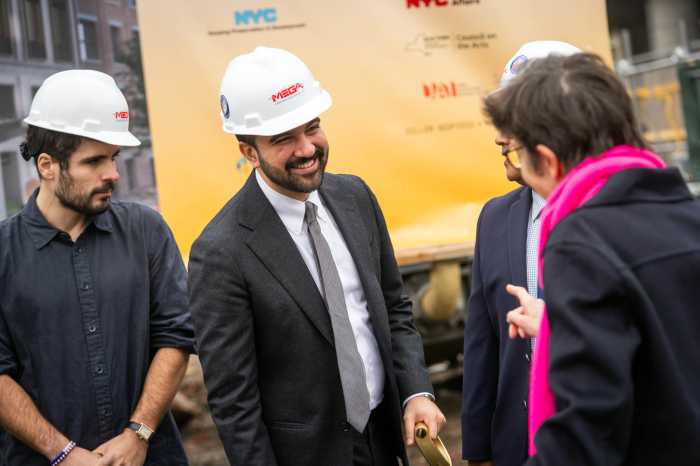A Forest Hills-based property manager is facing a major class action lawsuit after tenants argued that the company is falsely inflating the cost of apartment improvements to charge tenants more for rent.
Bronstein Properties, the 14th largest residential landlord in New York City, owns many rent-stabilized apartment buildings, including more than 15 in Queens. Following an investigation by the nonprofit Housing Rights Initiative, tenants have decided to sue the property manager after experiencing up to a 141 percent increase in rent due to Individual Apartment Improvements (IAI).
The lawsuit, filed by Newman Ferrera LLP in the Supreme Court of the State of New York, outlines how Bronstein Properties increased rent without performing improvements that would justify the increase. It also state that the property manager in some cases did not register the rent-regulated apartments with the Department of Homes and Community Renewal (DHCR), allowing it to receive tax benefits without stating the correct regulated rent on leases.
“In theory, Individual Apartment Improvements are used to rehabilitate apartments,” said Aaron Carr, founder of HRI. “In practice, they are a breeding ground for rent fraud and a sinkhole for our city’s affordable housing stock.”
A landlord can permanently increase the rent of a rent-stabilized apartment by about 2 percent after completing an IAI. But the landlord does not have to provide receipts to DHCR, the state housing enforcement agency.
According to a DHCR spokesperson, new regulations were put in place on January 2014 that require the landlord to provide specific improvements he or she made on the lease. Additionally, tenants can request receipts when the lease is signed or up to 60 days after it is signed. But a tenant must know to ask since the improvements are not publicly available.
Landlords can face penalties if they do not list the IAIs on the lease rider and the Tenant Protection Unit, established in 2012 by DHCR has returned 60,000 units to regulation and recovered more than $4 million in rent overcharges.
IAIs include new doors, counters and cabinets rather than repairs and are usually done when the apartment is vacant to attract new tenants, the suit argues. When significant changes are made, the property manager must obtain a permit with the Department of Buildings.
HRI found that only one building has received permits which identify improvements that have actually been made. In the remaining apartments, tenants were charged exorbitantly more than the 2 percent of the total cost of improvements.
“Just when you think you’ve seen it all, you encounter a landlord who is claiming to have performed millions of dollars in apartment improvements with virtually no permits to back it up,” Carr said in a statement. “This is outrageous. We are talking about the 14th biggest residential landlord in New York City. How did this happen? How did no alarm bells go off? Who is watching over our city’s affordable housing stock?”
Tenants living at a rent stabilized apartment at 43-32 47th St. in Sunnyside claim they were charged $1,316.68 more or a 141 percent increase above the legal regulated rent paid by the previous tenant. Bronstein would have had to perform more than $67, 800 in IAIs when the unit was vacant.
Scott Chapman, a plaintiff in the suit who lives in an apartment at 43-35 42nd St. in Sunnyside claims that between 2012 and 2013 his rent increased by 73 percent or $906.76. More than $26,300 in IAIs would have had to be completed to justify the rent hike, according to the suit.
In Woodside, tenants at 39-89 51st St. were charged an additional $781.25 between 2014 and 2015 even though tenants have no evidence that IAIs were made to justify the increase.
Dozens of tenants in apartments at 42-09 47th Ave., 43-09 40th St., 43-17 48th St., 43-39 42nd St., 45-42 41st St.,47-07 41st St. and 47-21 41st St. claim they experienced similar increases without witnessing IAIs to justify them.
More than 70 Bronstein Properties buildings also benefited from J-51 tax benefits. Property owners who renovate residential buildings are eligible for the tax abatement and must uphold the rent stabilization laws.
Tenants Ryan and Deirdre Balas, who live at 39-89 51st St. are plaintiffs in the lawsuit. The owner receives tax benefits under the J-51 for operating that rent-regulated building and must register the apartment with DHCR as rent-stabilized. But the investigation found that from 2004 through 2012 Bronstein Properties failed to file the registration with DHCR.
The suit claims that the tenants are legally entitled to a reformation of their lease to include the correct regulated rent.
“Bronstein Properties is effectively a gambler masquerading as a landlord. They are less in the business of managing properties than they are in the business of speculating on them,” Carr said.
Bronstein Properties did not return a request for comment as of press time.

































